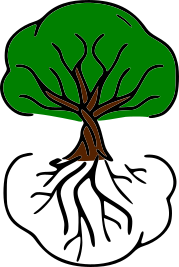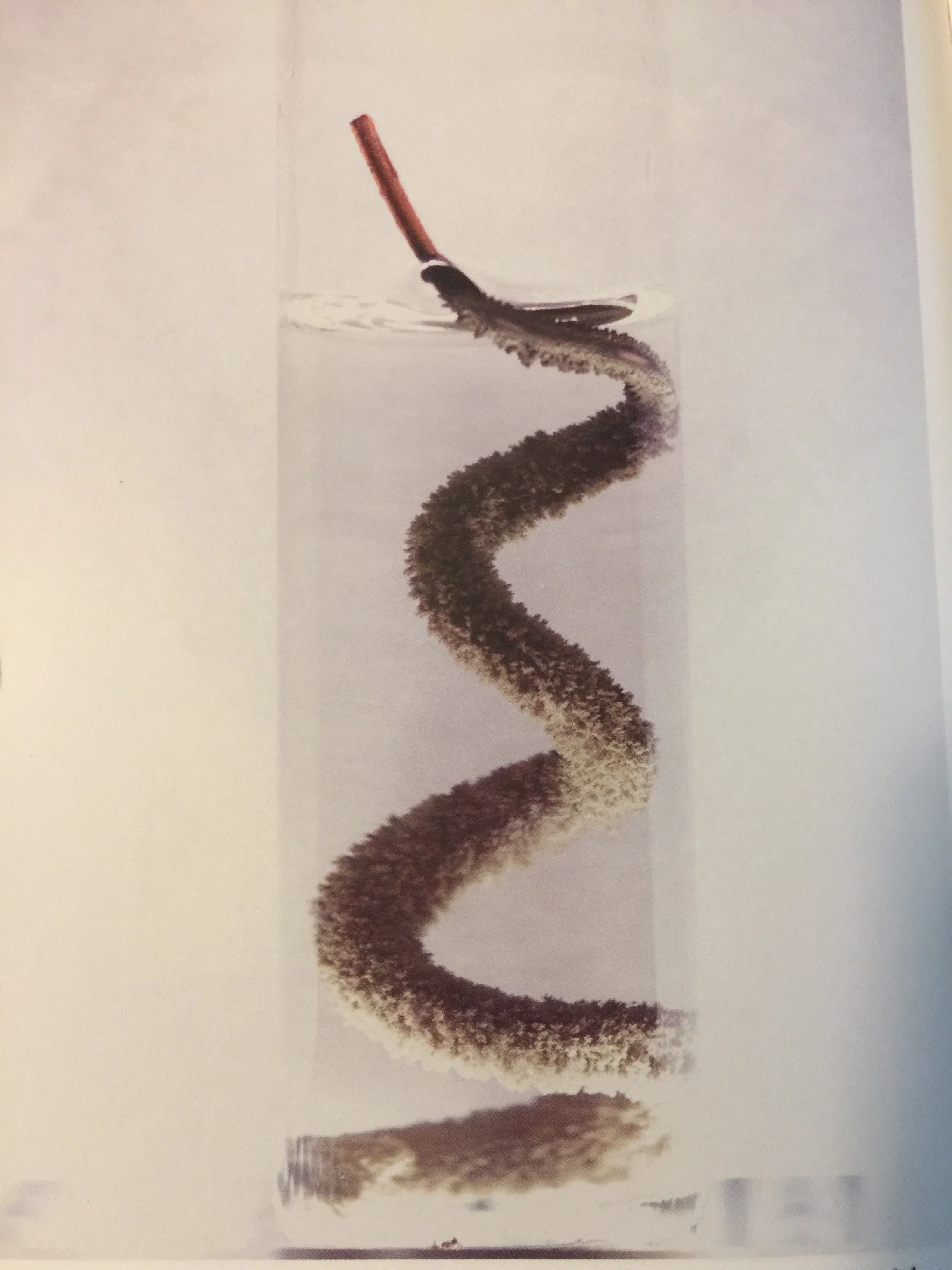In Literature Appetizer, Ben gives you just a taste of a book. Not meant to replace the full meal, this is meant to whet your appetite. Bon appetit!
My sense of wonder with chemistry didn't start in the classroom, or with the help of a teacher. It all started because I was bored.
I'm roaming around my 7th grade school library, bored out of my mind. I was supposed to pick a new book to read, but since I hated reading I was haphazardly taking books off and skimming them to find an easy read. When I opened one of those books, I saw a strange and wonderful picture full of fantastical symbols and images. I saw my first alchemical illustration.
Immediately I checked the book out and lost myself to all of the fantastical images. It was as if I found evidence for magic in a history book! I had no idea what to do with it, so I mostly just burned those images into my brain.
Illustration of alchemical equipment. From the book.
Years later, and I'm strolling around another library finding the perfect gift for my partner teacher when I find The Chemistry of Alchemy. Immediately I flashed back to finding that first alchemical book, and had to have it. If my other blog posts on chemistry describes what I am learning of modern practices, this book was an archaeological dig into the field. Alchemy never died, it just evolved into modern chemistry.
Cobb, Fetterolf, and Goldwhite weave together history, narrative, and humor about the women and men who were the first alchemists. From ancient Egyptians to Europeans just a few hundred years ago, the process of experimenting and adjusting your understanding accordingly has been passed down for thousands of years (even if we would completely disagree with their findings today).
Illustration of demonstration. From the book.
But this book does far more than just provide a history lesson. With the stress with safety first, the authors provide materials needed and process to create some of the most important advances in alchemy/chemistry. Yes, 'making gold' is one of the experiments. This experiential history allows readers to connect with people thousands of years ago to get a glimpse into how they thought.
I would highly recommend this book those with a thirst for knowledge and adventure. Make your kitchen or classroom a time machine and connect back with those who first started mixing things together and saying "How did that happen?"
Cover photo is of the "Tree of Diana" demonstration photographed by the authors.



